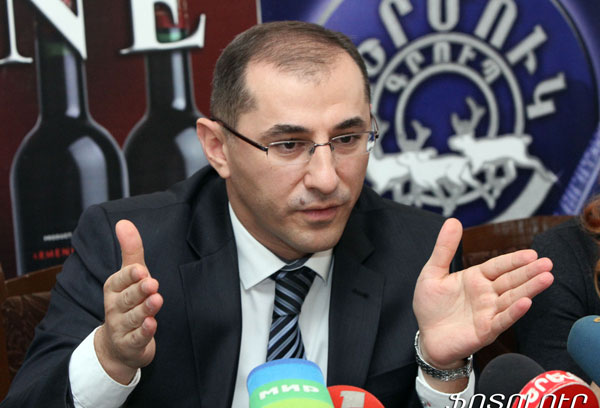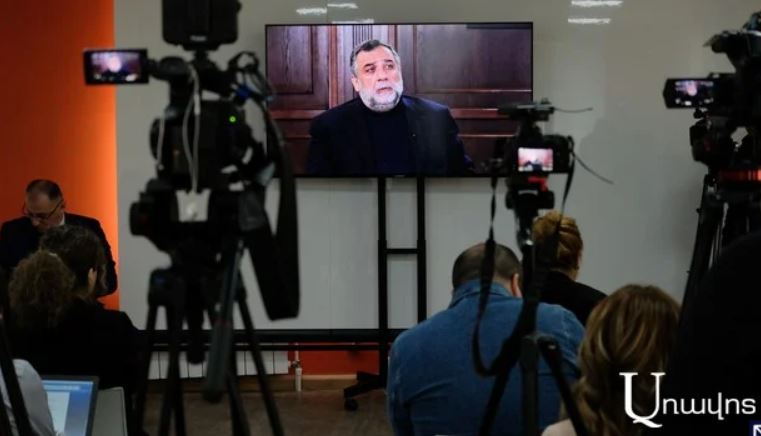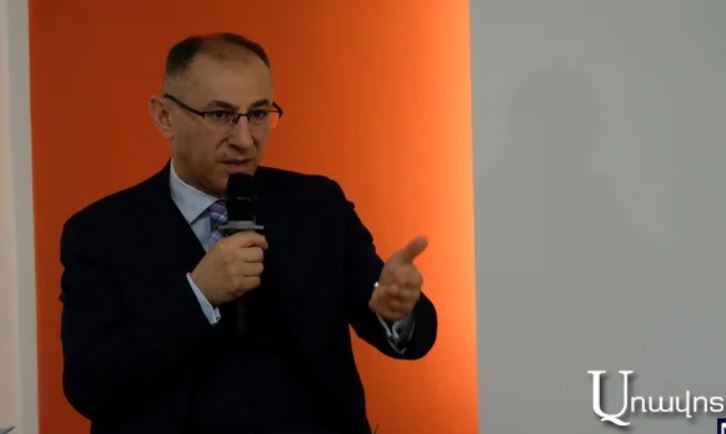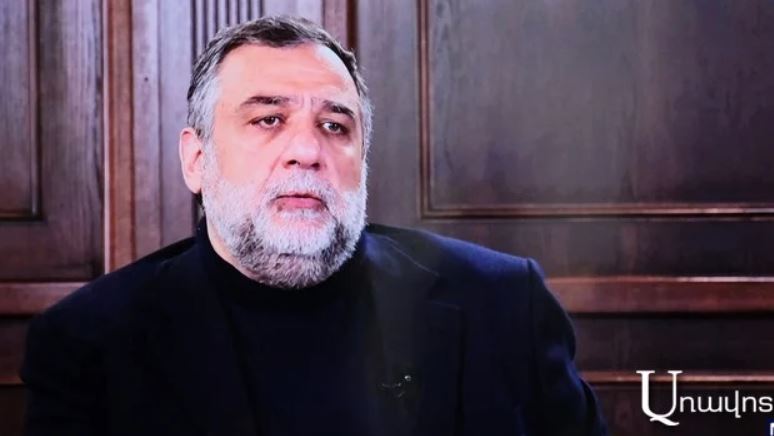Vardan Aramyan, Deputy to Chief of Staff of the President’s office of Armenia, who was standing on the origins of pension reforms, took part in the seminar on pension reforms held on October 26-27. ‘Aravot’ asked Mr. Aramyan whether Armenia’s joining the Customs Union may affect the pension reforms, and if so, how, and whether it it possible for us to step back from this reform. There was also a question whether joining the CU may affect Armenia’s monetary-and-credit policy. Mr. Aramyan presented in details what actually is a Customs Union, and in what levels the countries cooperate with each other, to show that we are still very far away to run the same monetary-and-credit policy with other CU countries. “In order to know what to expect, you first need to understand what the Customs Union is. When countries are cooperating, and Armenia can not stay apart from cooperation because it is not an autarchy, it is a small economy, they pass phases of integration in the process of development of cooperation. The first level of integration is preferential trade, when you begin to develop relations a little more with other countries, reduce customs tariffs, and relate with these countries by other rules of the game than with others countries. Once you deepen your relations with these countries, you come to the next phase of integration; it is the free trade. Free trade means that you carry duty-free trade with the countries with whom you have concluded a free trade agreement.” And here, only after free trade agreement, if you further deepen your relations with specific countries, you will attain the third level, the Customs Union. In this respect, Mr. Aramyan said, “The government, with its available leverages, regulates three economic policies: fiscal, monetary-and-credit, and trade. Before reaching the third phase of development of relations, these three tools are sovereign, that is, each country decides on what kind of fiscal, monetary-and-credit and trade policy to conduct. Entering into a Customs Union, the government refuses from one of the tools: trade policy, which is governed from one general point, from above, and it’s the same for all participants. The other two tools remain with the country.” On entering into the Customs Union successfully, when you become more integrated with these countries, human flows, and capital flows become liberal for those entering into the Customs Union, and there comes the fifth level of integration. “It is the establishment of a monetary zone, implementation of common monetary policy.” Mr. Aramyan noted that without overcoming the third level, the Customs Union, it is even pointless think about the fifth level, the states are integrated step by step. And here, on the fifth level, the state concedes also the second tool: monetary-and-credit policy.
Mr. Aramyan brings the example of the European Union, where there are no economic boundaries, there is a common currency, and EU countries are on the fifth level of integration. Each of them has sacrificed its trade, monetary-and-credit policies, but have kept the third tool – fiscal. And, finally, there is the last, the sixth phase of integration. “This is a complete integration, when all three tools are managed from the center.” As an example of such integration, Mr. Aramyan brought the example of the United States, where each province seems to be a state within a state, but the three economic tools are centralized. As for the pension system, according to Vardan Aramyan, each state carries on its own system, and it is in no way related to the integration level. He mentioned, for example, the case of the European Union, when each EU country has its own pension system, the same as for Russia and Kazakhstan; they are merged in the Customs Union, but have different pension systems. By the way, Mr. Aramyan also noted that
integration with the Customs Union will still take much time, despite the fact that Armenian is the first among the CIS countries. “Our potential is much higher; Armenia gets the first place among the CIS countries by some indexes.”
Melania BARSEGHYAN




























































